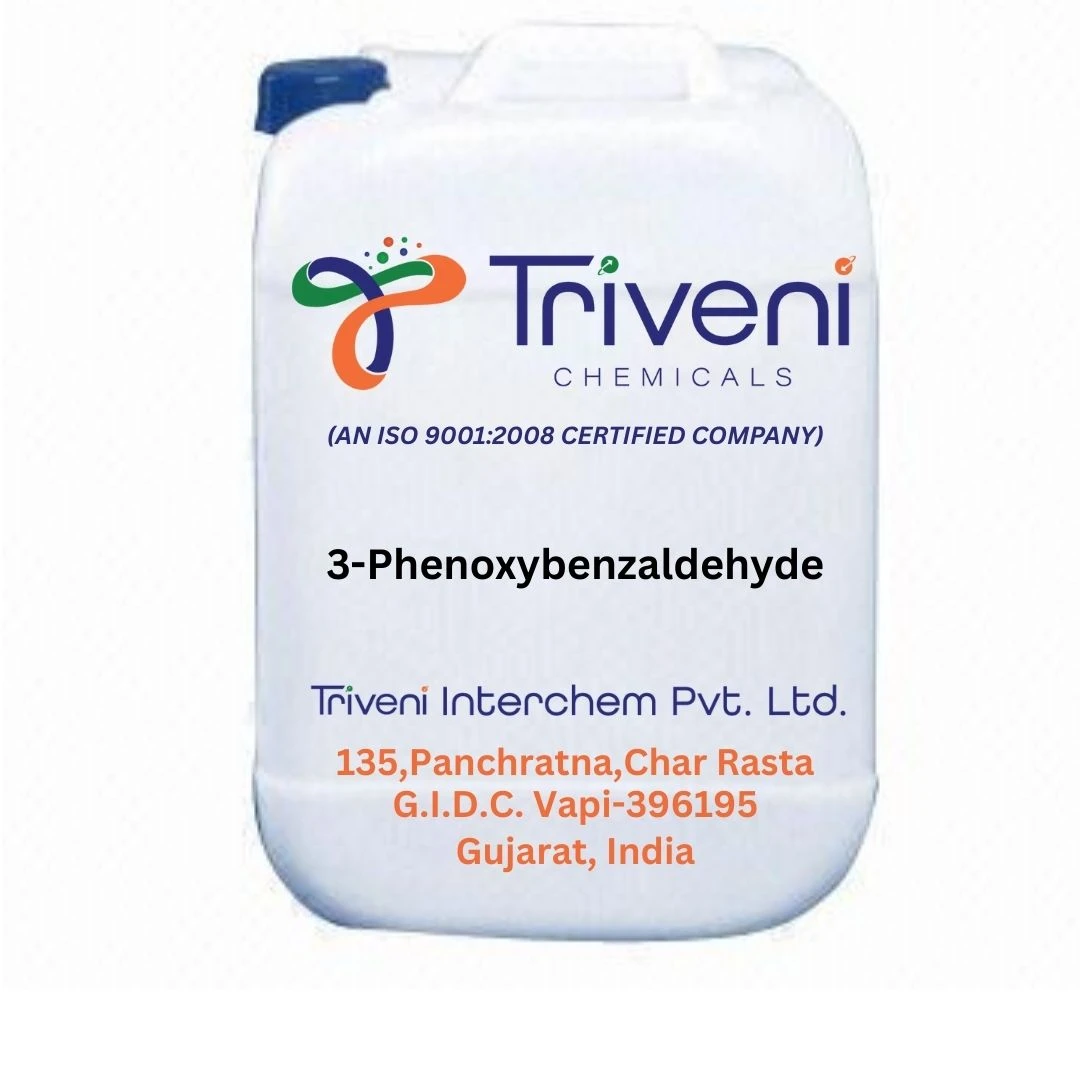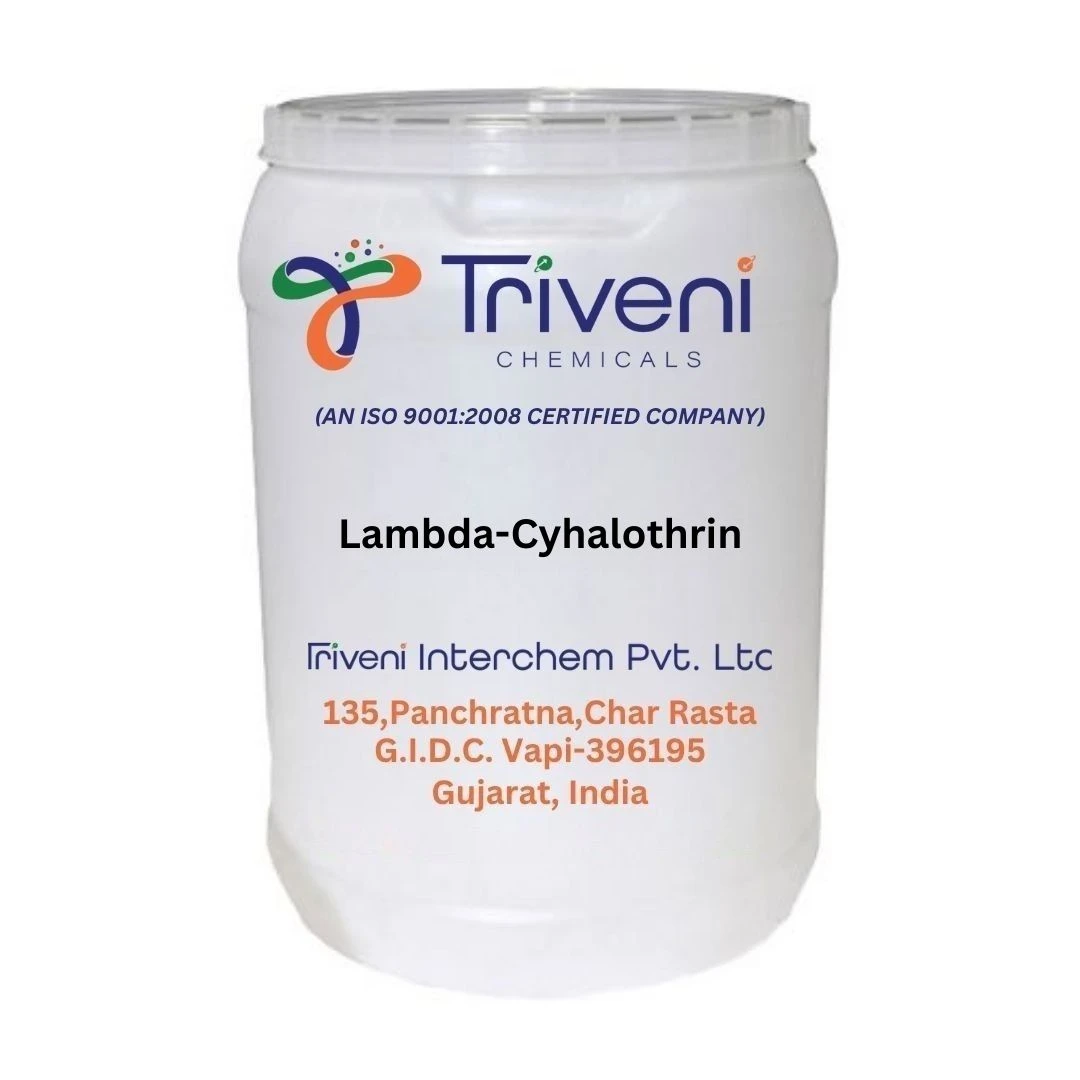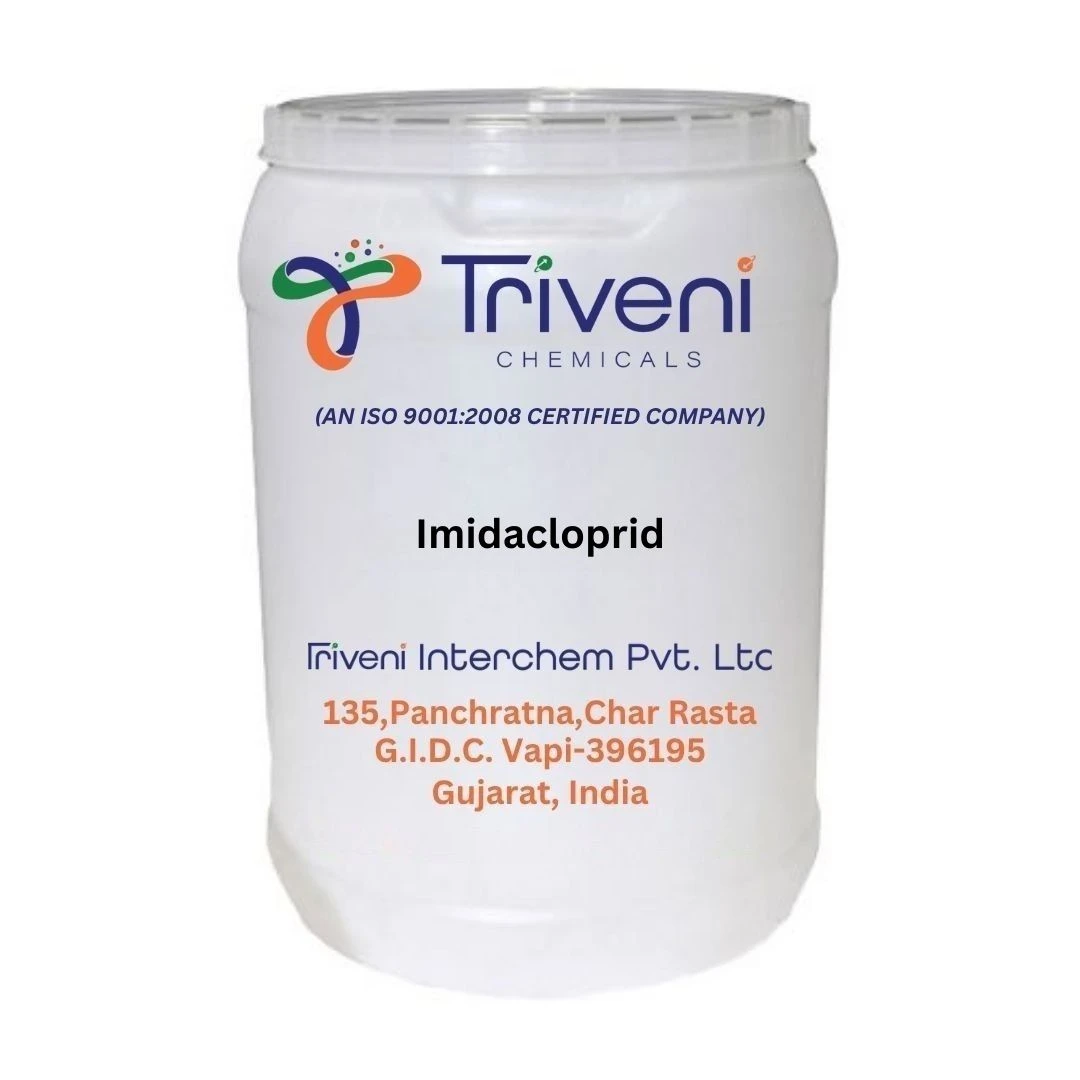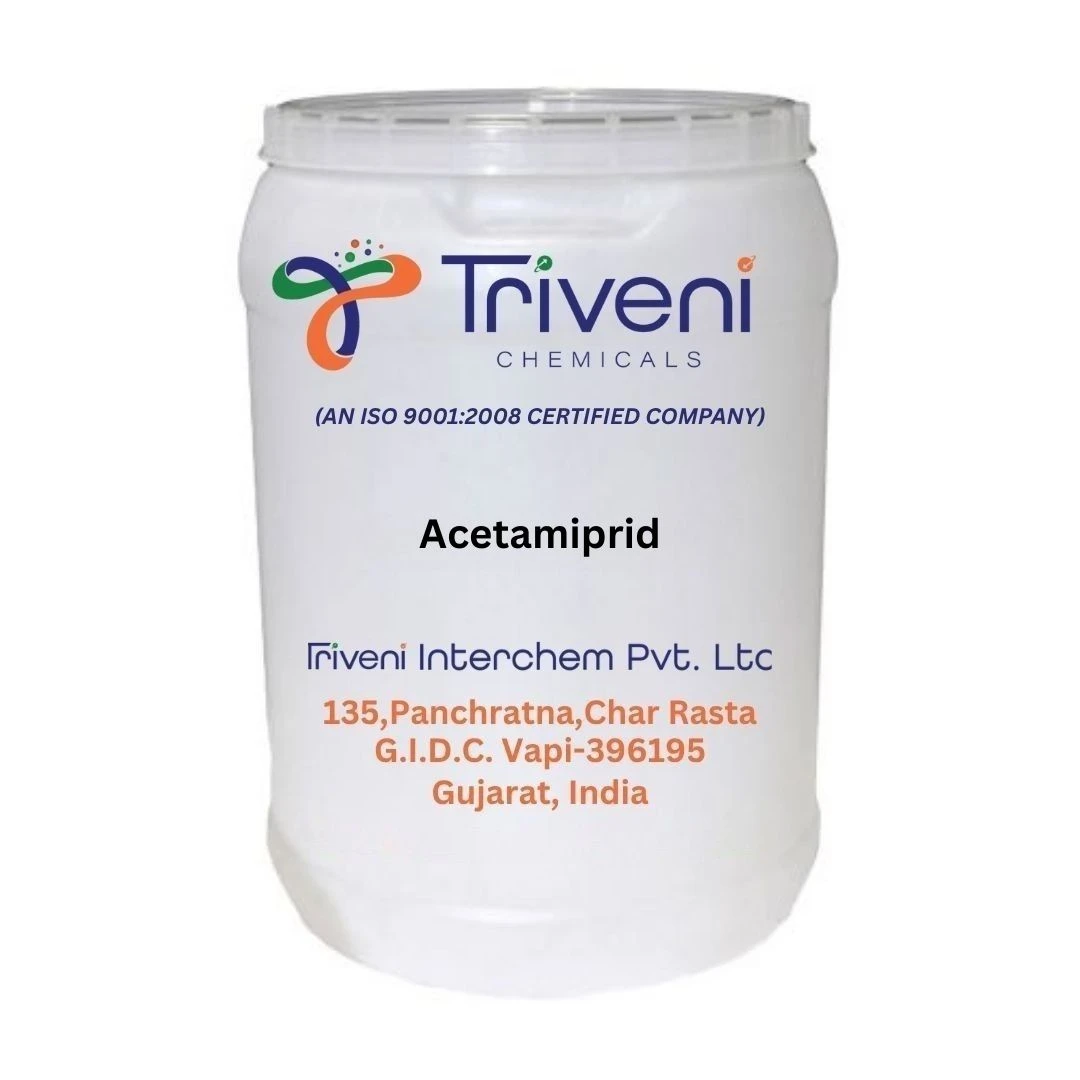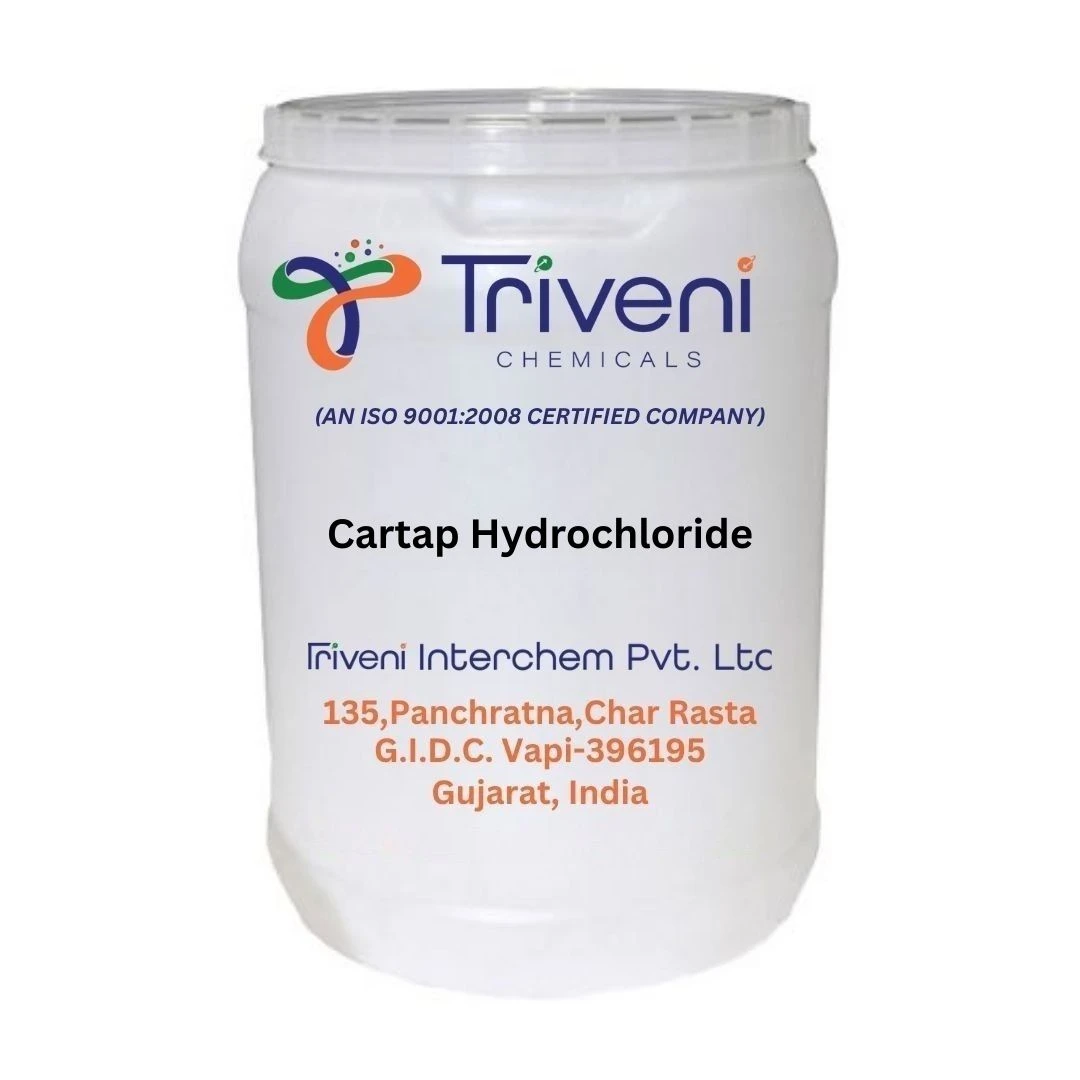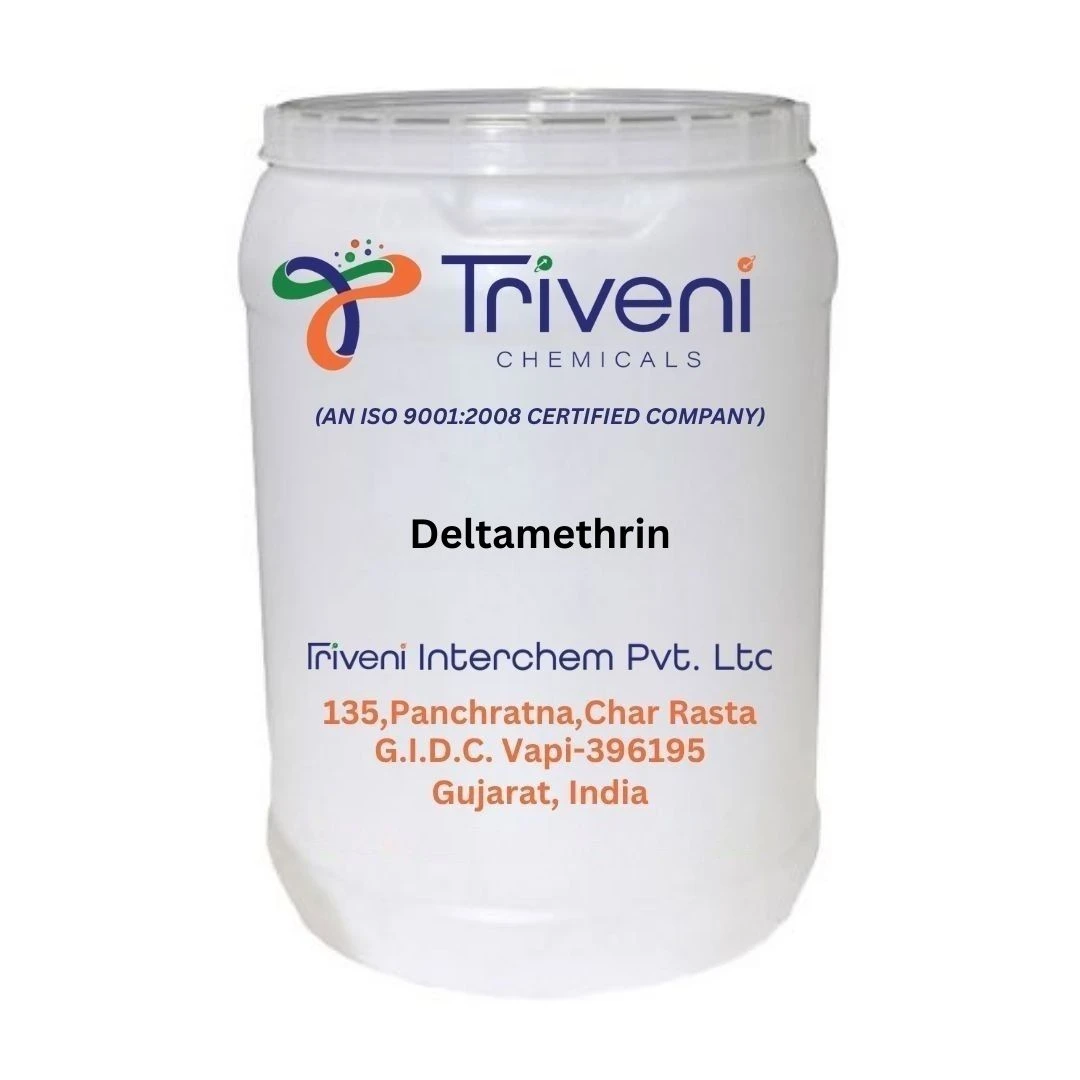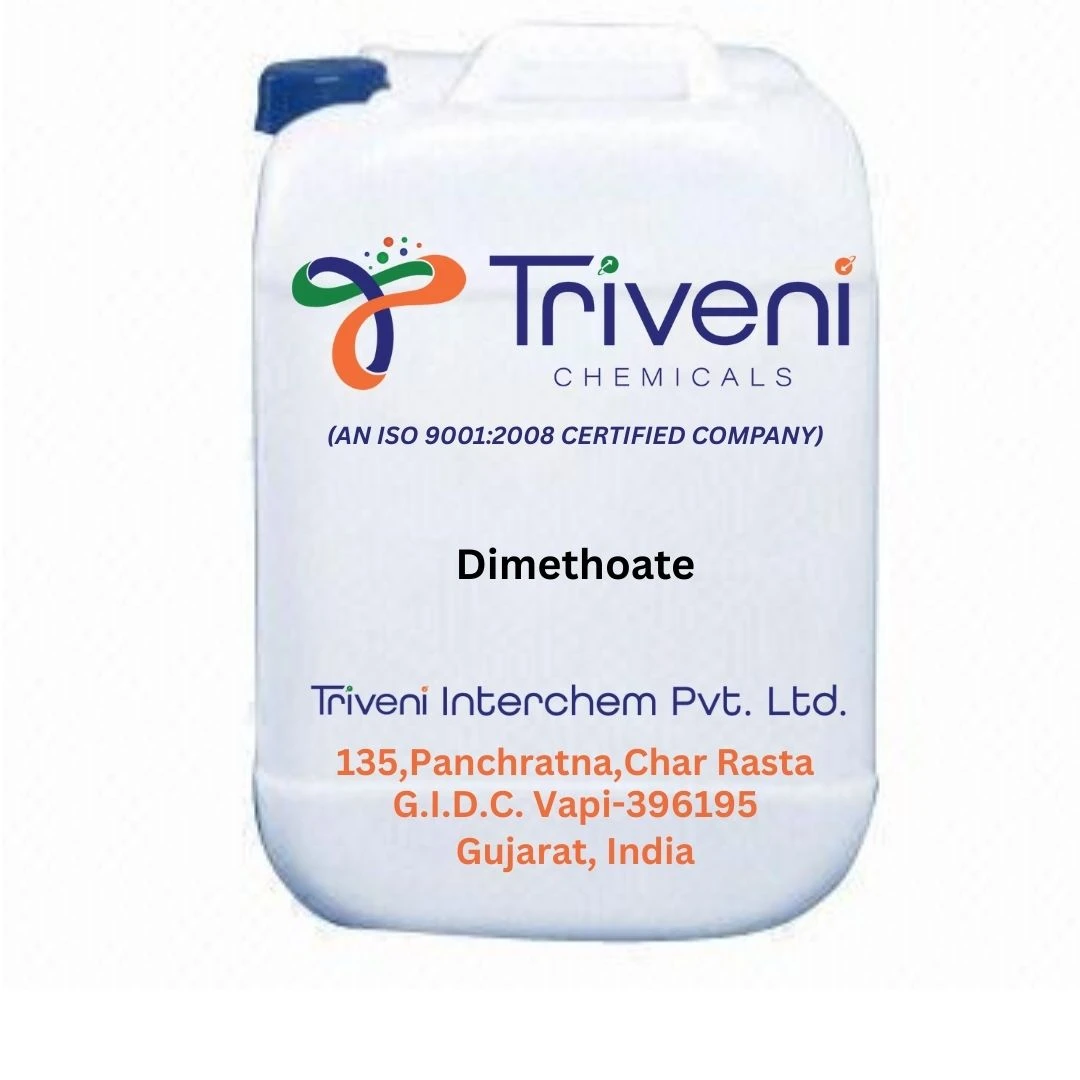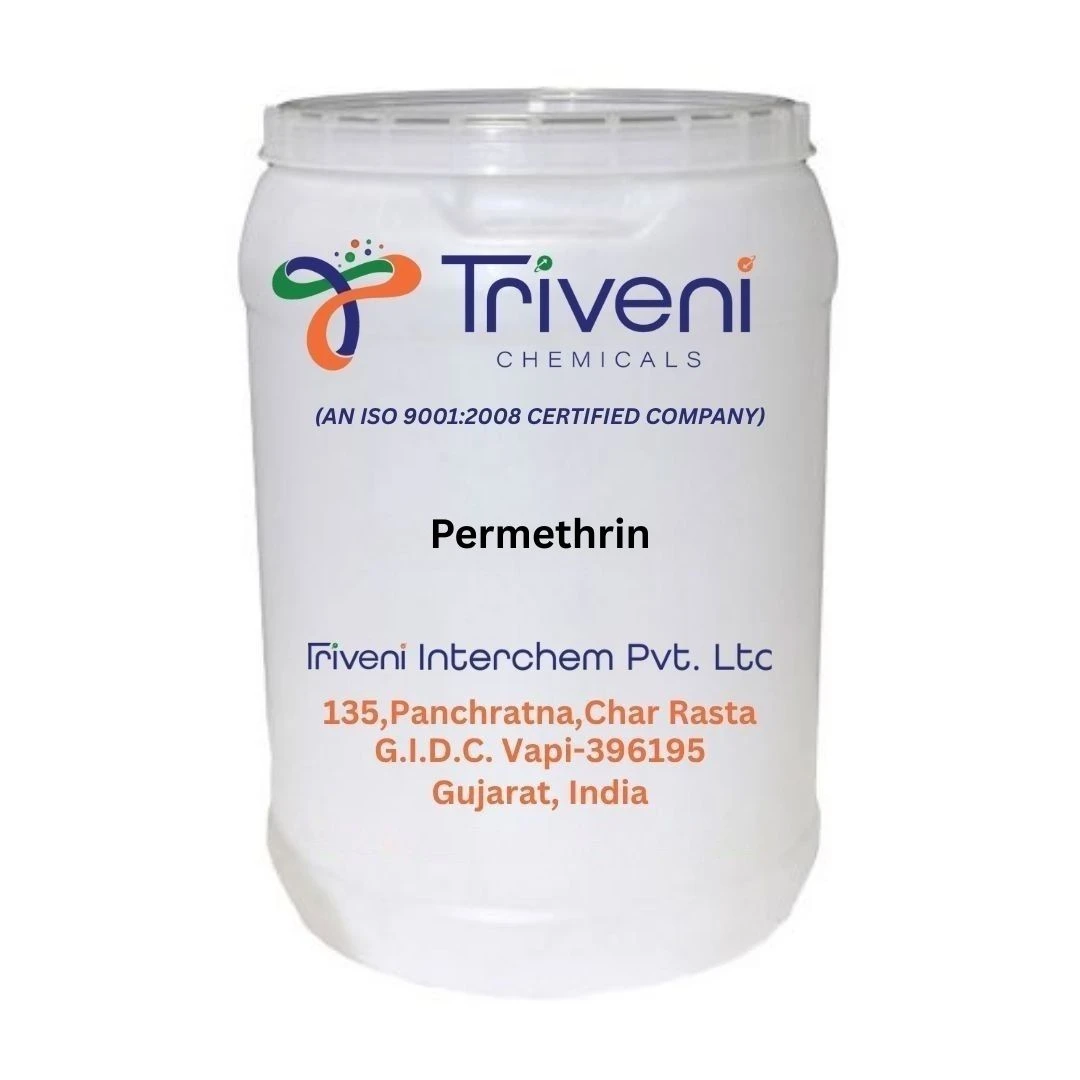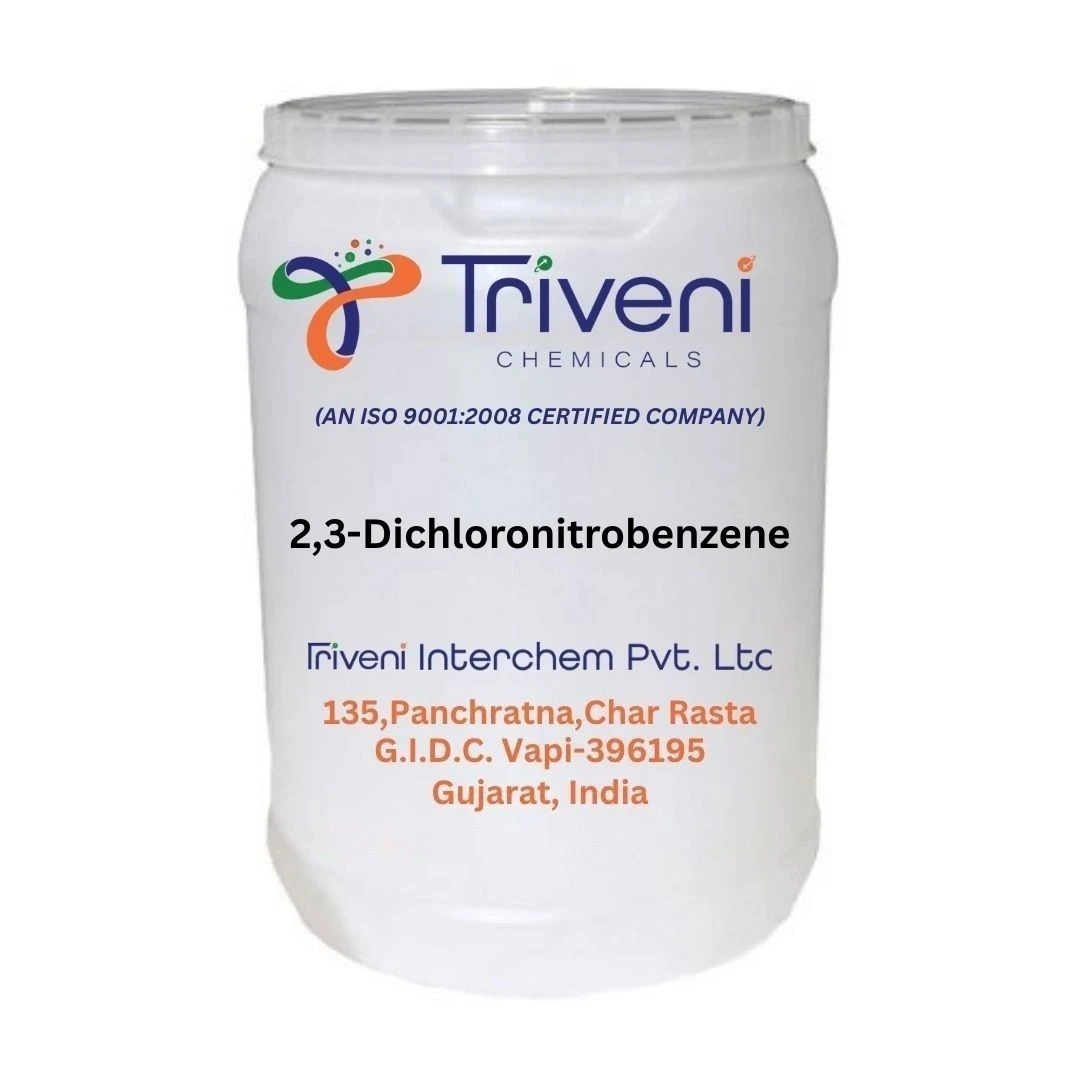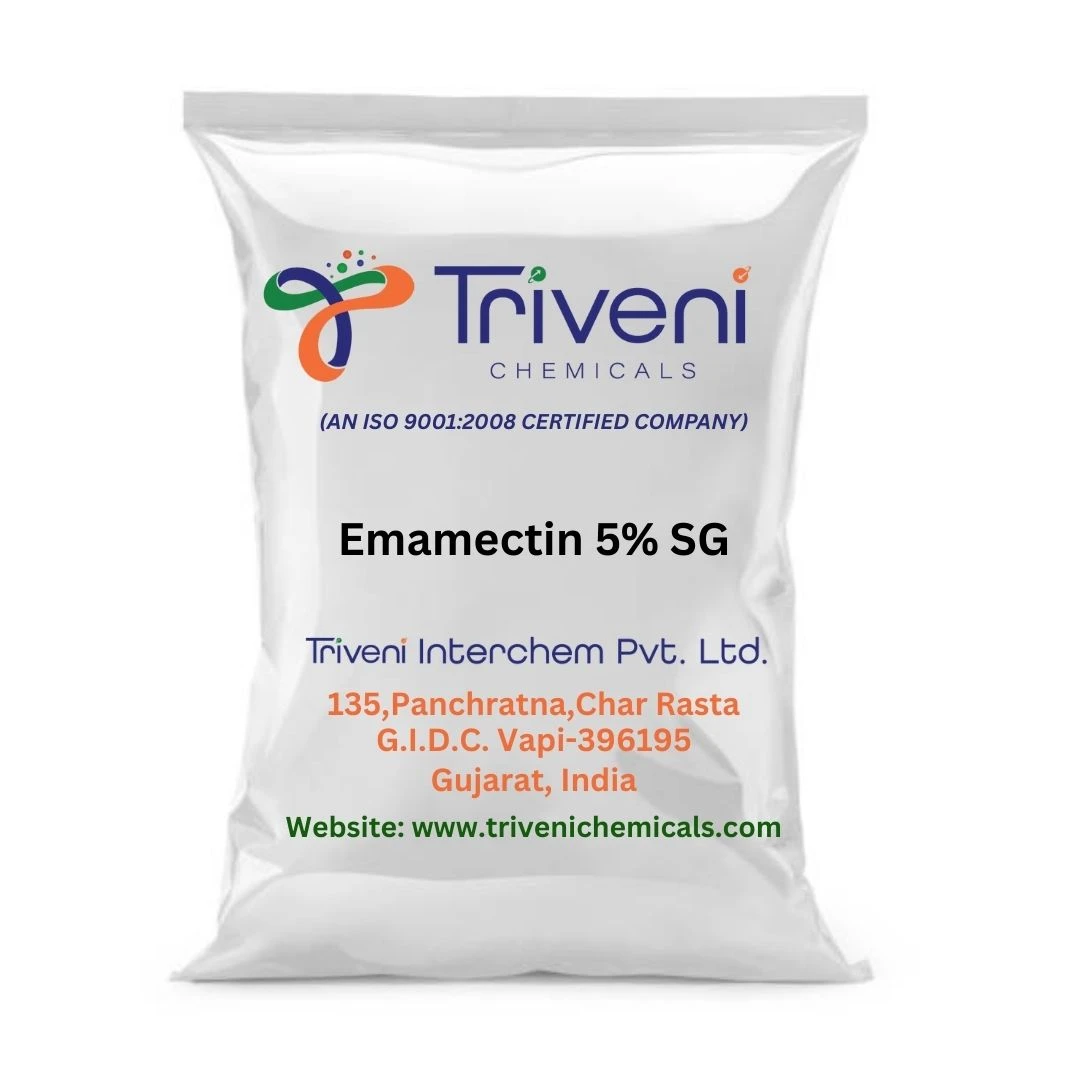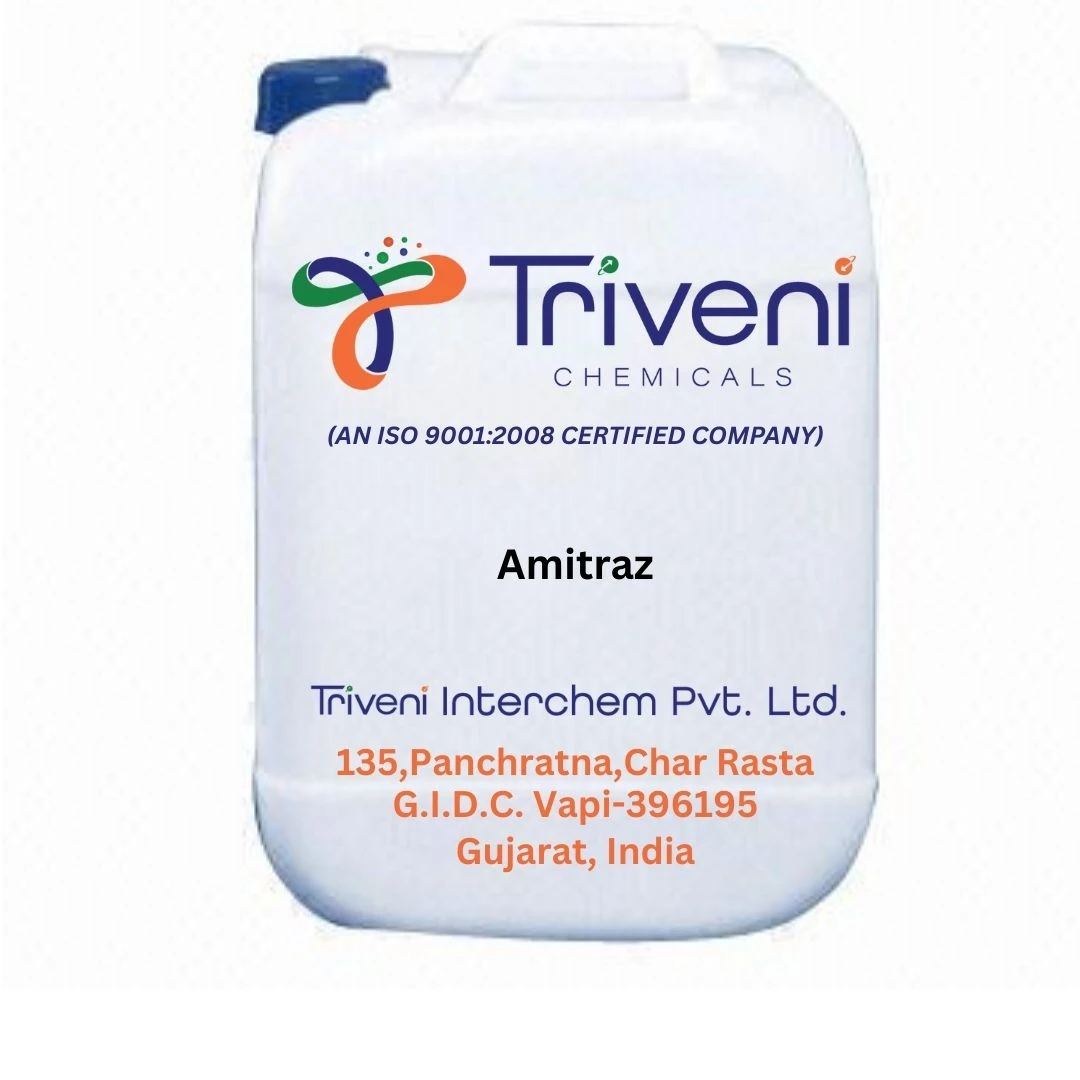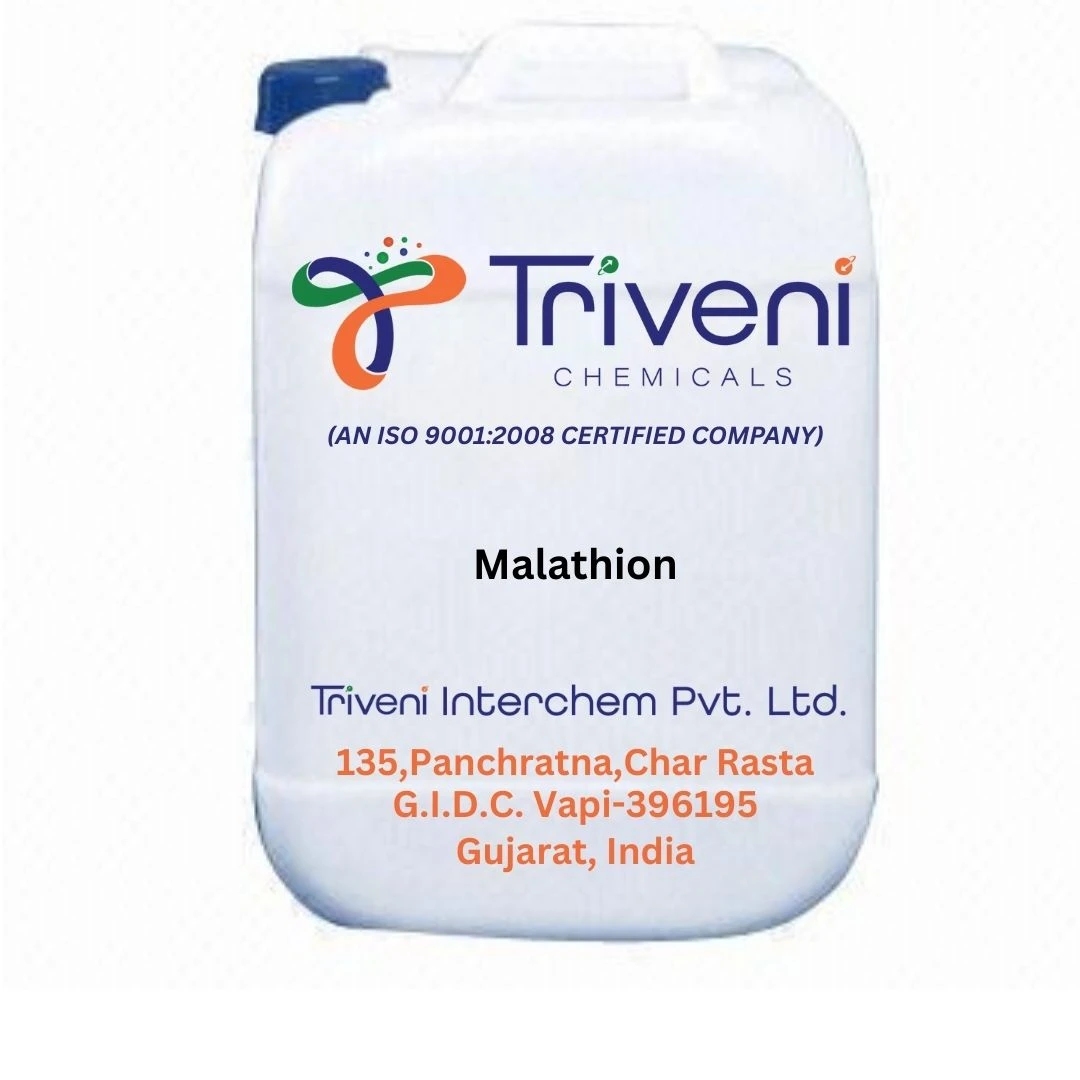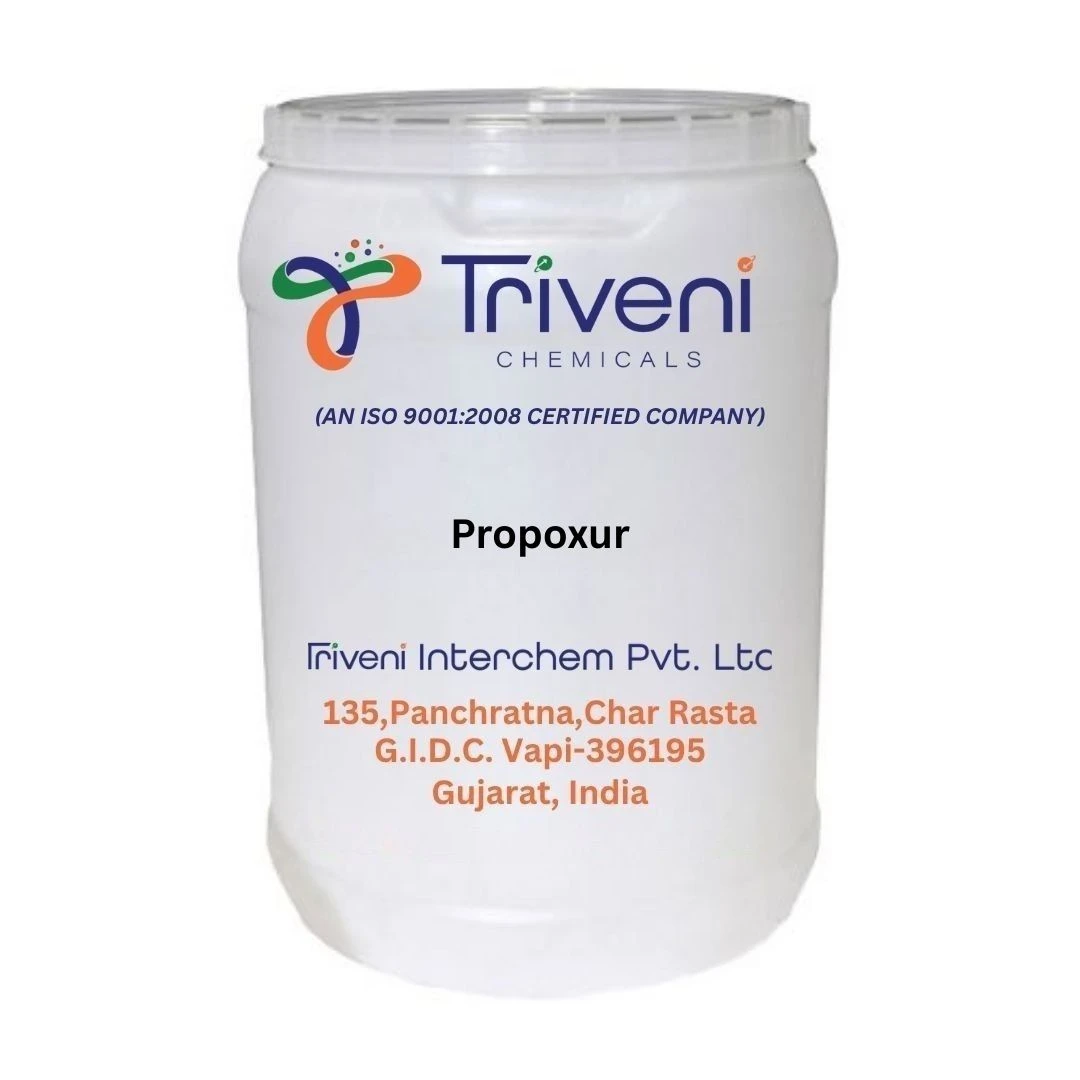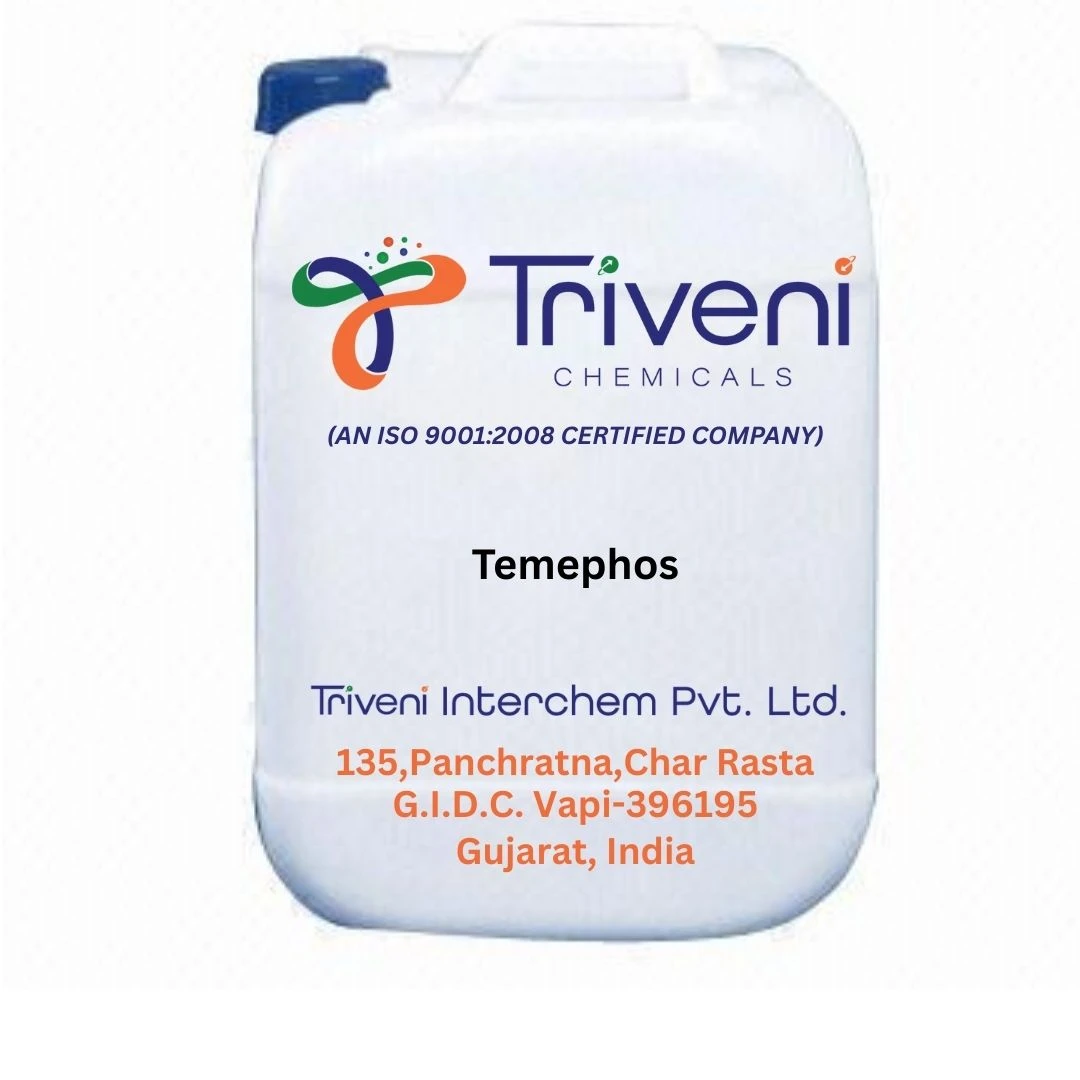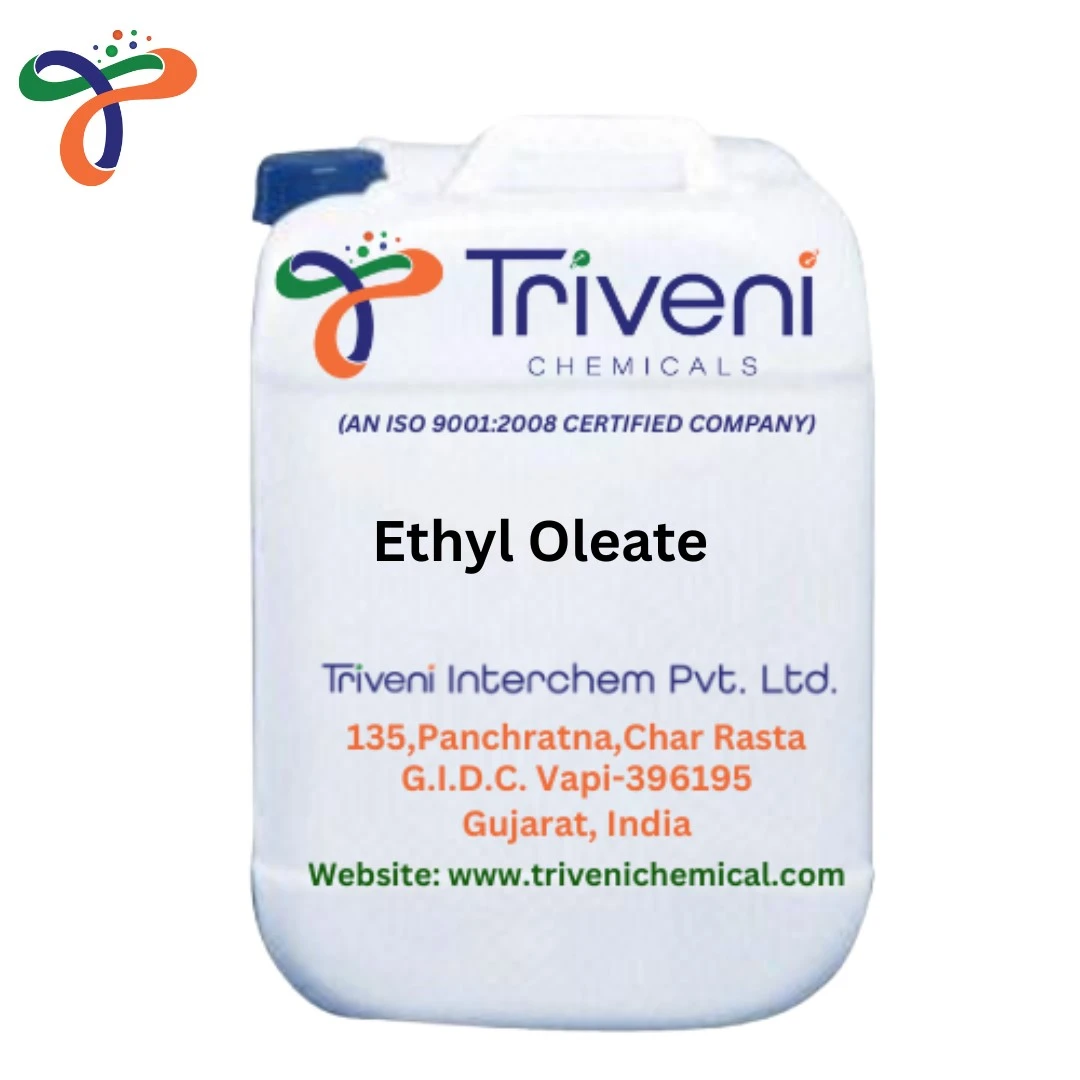Insecticides are chemical compounds used to control or remove insects that can be harmful to crops, livestock, and humans. These compounds have an important role in agricultural and public health by controlling pest populations and limiting the spread of insect-borne diseases. Insecticides are available in a variety of forms, including..
Insecticides are chemical compounds used to control or remove insects that can be harmful to crops, livestock, and humans. These compounds have an important role in agricultural and public health by controlling pest populations and limiting the spread of insect-borne diseases. Insecticides are available in a variety of forms, including sprays, powders, and granules, each designed for specific purposes and pests. touch insecticides are a type of pesticide that works when it comes into direct touch with the insect's body. These substances frequently impair the insect's nervous system or interfere with metabolic processes, resulting in paralysis or death. Pyrethroids generated from chrysanthemum flowers are commonly employed as contact insecticides due to their high efficacy and minimal toxicity to humans and animals. Systemic insecticides, on the other hand, are absorbed by plants and circulated through their vascular system, rendering the entire plant poisonous to insects that consume it. Neonicotinoids, a type of systemic pesticide, are widely used in agriculture to protect crops from a variety of pests. However, there have been concerns expressed concerning their effect on non-target creatures, such as pollinators like bees. In recent years, there has been a greater emphasis on developing environmentally benign and long-lasting pesticides to address environmental and health risks. Biopesticides, which are obtained from natural sources such as bacteria, fungi, and plants, provide a more environmentally friendly alternative to conventional chemical insecticides. These compounds frequently target specific pests while causing minimal harm to beneficial insects and non-target creatures. Despite the benefits, the usage of insecticides creates ethical and environmental concerns. The uncontrolled use of these compounds has the potential to cause resistance in insect populations, providing issues for pest management. Furthermore, the possible environmental impact, such as soil and water contamination, necessitates careful planning and proper application procedures. Finally, pesticides serve an important role in modern agriculture and public health by reducing pest populations. To ensure long-term pest management techniques, the development and usage of these insecticides must strike a balance between effectiveness and environmental responsibility.


